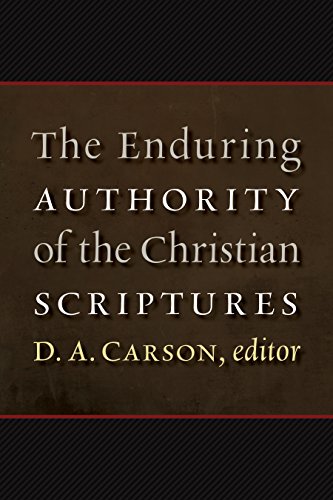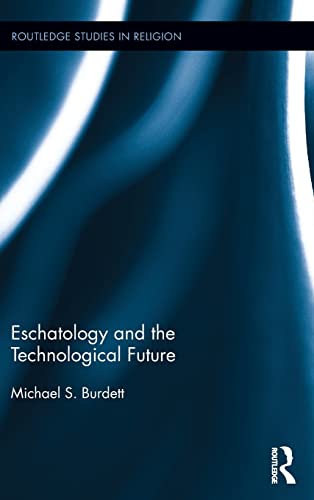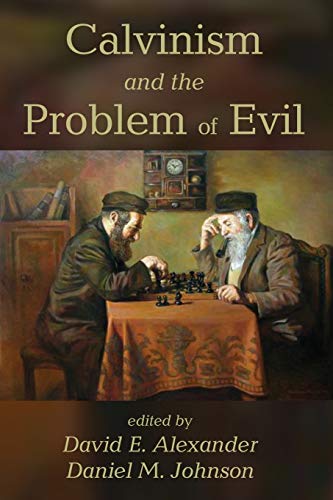A Theology of Biblical Counseling: The Doctrinal Foundations of Counseling Ministry
Written by Heath Lambert Reviewed By Brent AucoinTheology is often considered irrelevant to everyday living. Many assume there is a wall of division between a cognitive discipline like theology, and the typical needs one faces in day to day operations of life. However, there are a number of thinkers that have demonstrated this is not the case, that in fact theology is eminently practical. Heath Lambert is one of the most recent to show that theology is connected to reality and needful to face life’s challenges.
Heath Lambert serves as the Executive Director of the Association of Certified Biblical Counselors (ACBC, formerly known as the National Association of Nouthetic Counselors). He also serves as a pastor at First Baptist Church in Jacksonville, FL and a faculty member at The Southern Baptist Theological Seminary.
As the Executive Director of ACBC, Lambert’s convictions about counseling should be evident. He believes that the “Bible tells us everything we need to know from God about any topic” (p. 48). That conviction may be a bit hard to swallow in an age of exponential information advancement. But Lambert carefully and compellingly argues that much of what society views as necessary knowledge to the counseling process is really not necessary. For, in Lambert’s view, counseling is a conversation regarding the exchange of wisdom, God’s view of reality, for those seeking answers. Although information about neuroscience and inner brain function is available to our society today, these resources are not necessary or relevant for those seeking God’s perspective on the issues of life.
Lambert has organized A Theology of Biblical Counseling around how biblical counseling relates to the classic systematic theological disciplines of bibliology, theology proper, christology, pneumatology, anthropology, hamartiology, soteriology and ecclesiology. He also includes a section specifically on biblical counseling and suffering. Approaching the topic in this way demonstrates Lambert’s belief that counseling is at its root a theological endeavor.
One of the book’s highlights is the inclusion in each chapter of a difficult counseling case study. For example, when considering biblical counseling and the doctrine of the church, Lambert details a reality-based example of an individual enslaved to pornography. He then proceeds to develop the doctrine of the church specifically in regard to what God had intended church eldership and church community to be. As an experienced counselor, he skillfully brings to bear how God’s plan for a redeemed community is to be ministering to the pornography enslaved individual.
The book’s three appendices contain ACBC’s statement on mental disorders and medicine, Lambert’s treatment of general revelation and common grace, and ACBC’s standards of doctrine.
Lambert has produced a very readable, logical, practical, and compelling work that should stimulate Christians in the counseling field to consider how the Scriptures give the theological foundation for wisdom in all of life. This book is not a topical reference book for counseling, nor is it an updated version of Jay Adams’s Christian Counselor’s Manual (Grand Rapids: Zondervan, 1986) or his A Theology of Christian Counseling (Grand Rapids: Zondervan, 1986). Lambert has not written an academic systematic theology, or a counseling methodology book of biblical counseling such as Paul Tripp’s Instruments in the Redeemer’s Hands (Phillipsburg, NJ: P&R Publishing, 2002). Instead, Lambert invites the reader to consider how counseling is a theological enterprise. In accordance with the way he counseling as a “conversation” between those with life questions and those with answers, his book also feels like a conversation with the reader.
A Theology of Biblical Counseling is a very helpful and unique resource that will complement the growing biblical counseling movement that is calling for soul care to be placed back in the realm of the local church. Every pastor should engage the “conversation” Lambert’s book offers and should lead his congregation to enter the conversation as well.
Brent Aucoin
Brent Aucoin
Faith Church and Faith Bible Seminary
Lafayette, Indiana, USA
Other Articles in this Issue
Gospel Differences, Harmonisations, and Historical Truth: Origen and Francis Watson’s Paradigm Shift?
by Frederik S. MulderClaiming to stand on the shoulders of the later Origen, in Gospel Writing: A Canonical Perspective, Francis B...
“For Your Sake We Are Being Killed All Day Long”: Romans 8:36 and the Hermeneutics of Unexplained Suffering
by David StarlingThis article explores the function of Paul’s citation from Psalm 44:22 within the rhetoric of Romans 8:31–39...
Many churches seem to have lost the art of singing lament...
Reflections on Handling the Old Testament as Jesus Would Have Us: Psalm 15 as a Case Study
by Dane C. OrtlundIn appreciation of the renaissance of christocentric and redemptive-historical hermeneutics and homiletics in our generation, this article selects an OT text, Psalm 15, that appears on the surface to be maximally resistant to a Christ-centered reading and preaching of Scripture...
This article examines the meaning of blessing as expressed in the structure and narratives of Genesis...







